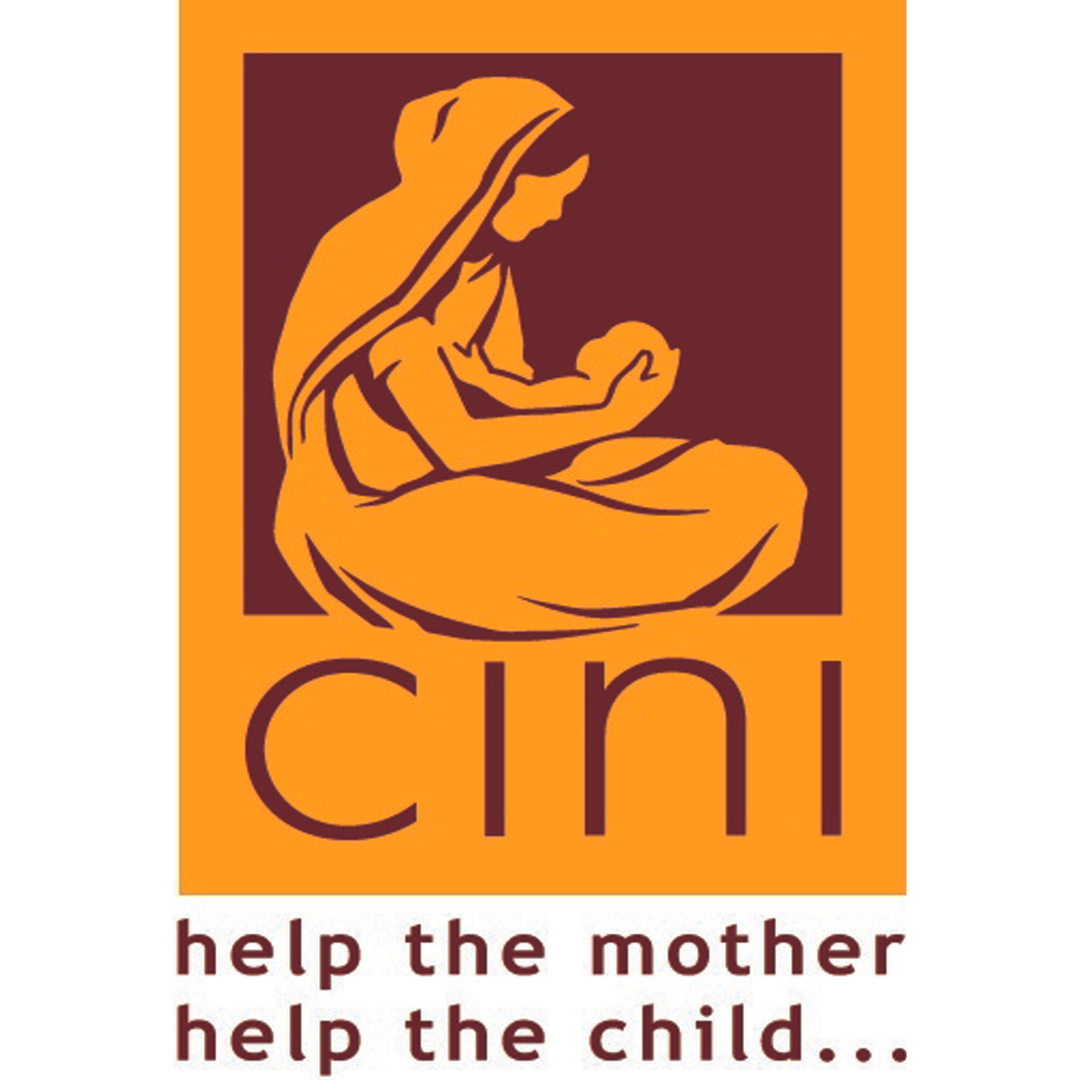Impoverished communities are the most vulnerable to the effects of climate change and environmental disasters that can destroy homes, crops and livestock. Within those communities, women and children are the most at risk.
When disasters such as flooding occurs, any previous improvements in health and nutrition among marginalised communities can be wiped out overnight. So CINI has been working with communities in disaster-prone regions characterised by wetlands, seasonal flooding and frequent cyclones to prepare them for annual flooding emergencies in a project funded by UNICEF Kolkata, as well as local governments.
In the last few years India has been severely affected by a super-cyclone, which hit South Bengal causing havoc in the same communities already affected by the COVID-19 pandemic, and extreme flooding in Assam. In both regions, CINI responded quickly by raising funds as well as offering emergency assistance such as distributing water purifying tablets, setting up community kitchens, and providing materials to build shelters, to assist the thousands of people whose homes, livelihoods, crops and communities were destroyed.
COVID-19 Response
India is still very affected by the COVID-19 pandemic. Impoverished communities are particularly vulnerable with their over-crowding, lack of sanitation and hygiene, and loss of work.
With many years of experience working with families and communities, CINI workers are trusted in areas where resources are scarce and poverty is severe. They quickly emerged as the best people to spread the urgent and lifesaving public health messages that were needed to navigate and survive the COVID -19 pandemic. In addition, they have been providing relief packages, hygiene products and other support to hard hit communities.
To find out more about the work CINI is carrying out to help communities during COVID-19, please visit the CINI India website: Click here.




